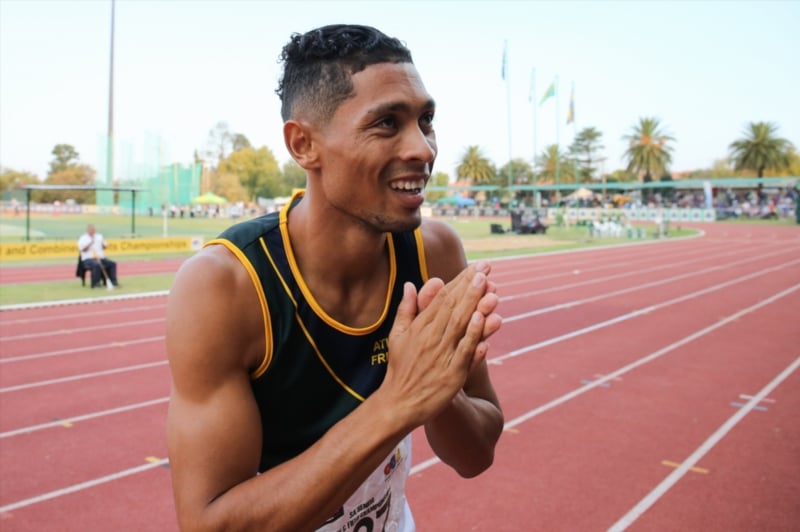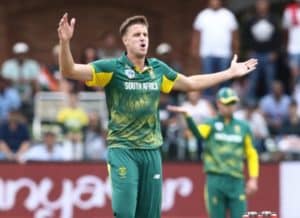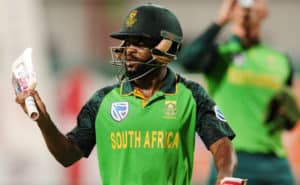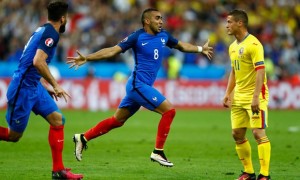The biggest sporting event in South Africa in April wasn’t even covered live on TV, writes GARY LEMKE.
Which goes to underline the view that I’ve written about for more than two decades now. South Africa pretends to be a sports-mad nation. It is not. It’s a nation that prioritises soccer, rugby and cricket, almost to the exclusion of everything.
And then, every four years we bemoan why we don’t win more Olympic medals. Publicity brings sponsorship, and big corporates will only sponsor ‘minority’ sports if they get the publicity. And sponsorship – channelled in the right areas – unquestionably translates to Olympic medals.
Saturation coverage – be it the written or screen media – is given to the ‘Big Three’, yet if our country is ever to move forward in the international arena it should be far more inclusive.
On the same weekend that the Sharks and Rebels played to a snore draw, highlighting how moribund Super Rugby has become, South Africa’s finest track and field athletes lit up Potchefstroom with a slew of world-class performances. It was given ‘delayed’ highlights treatment on SABC.
All of Wayde van Niekerk, Akani Simbine, Caster Semenya and Luvo Manyonga played their part to get #fillupPotch trending on social media, and they were joined by other track and field athletes who made the rest of the world sit up and take notice of the results.
Let’s not forget that athletics form the cornerstone of Olympic Games, and it’s my belief that all four athletes mentioned above will win gold medals at Tokyo 2020. Simbine is the heir apparent to Usain Bolt in the men’s 100m, whether you believe that or not. Van Niekerk can do what the great Michael Johnson did in 1996 and win 200m/400m double gold, Semenya can regain her 800m title and perhaps even add the 400m, while Manyonga is the best long jumper on the planet.
Yet, as I predicted would happen, the SA government recently pulled the plug on Durban’s hosting of the 2022 Commonwealth Games, and has thrown its considerable weight behind the 2023 Rugby World Cup bid.
I remind you that only four countries – New Zealand, Australia, South Africa and England – have ever won the World Cup since its inception in 1987, and that’s not going to change by the time 2023, or even 2027 comes around.
Super Rugby is in such a parlous state that the entire competition is being revamped next year to try and generate some excitement. Yet broadcasters and other media cannot give us enough coverage, despite the drastic drop in interest, both in stadiums and television figures.
Our most recognisable international sports person might be cricket’s AB de Villiers – because of the sheer population of India – but Van Niekerk and Semenya have wider international appeal. Our rugby players feature nowhere in the wider international sports community.
There is a back story as to why Durban lost the 2022 Commonwealth Games, but what a pity it unravelled as it did. Van Niekerk, Simbine, Manyonga, Semenya and Chad le Clos could quite conceivably have been Olympic gold medallists competing in a Commonwealth Games in front of their home crowds.
And the fastest growing schools sport in South Africa is hockey, which provides another glimpse where the investment should be.
Imagine how good that would have been for development in athletics, swimming and hockey, showing the youth that you don’t have to be a rugby player, a footballer or a cricketer to be a success in sport in South Africa.
Women’s sport is as squeezed out of society as are those codes outside of the ‘Big Three’ mentioned.
A Rugby World Cup might sound like a huge thing, but actually it’s a big old boys’ club.





